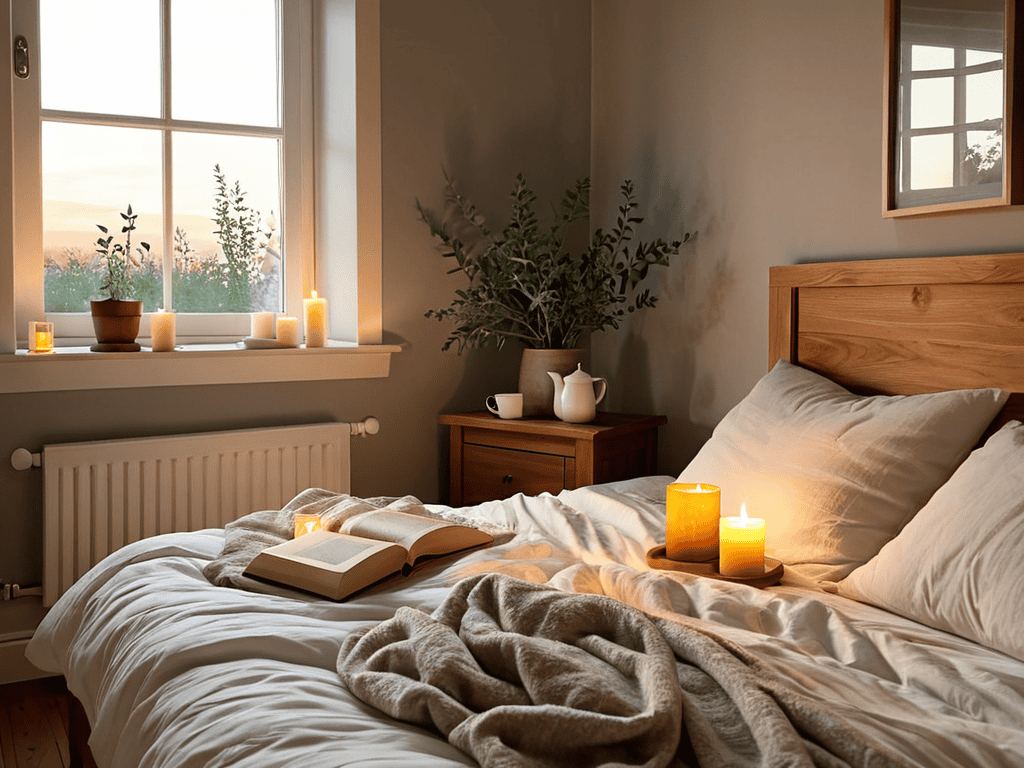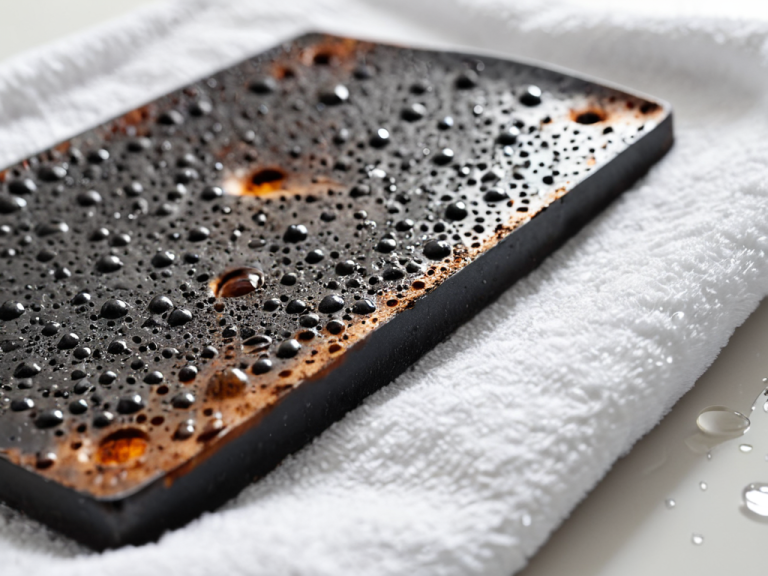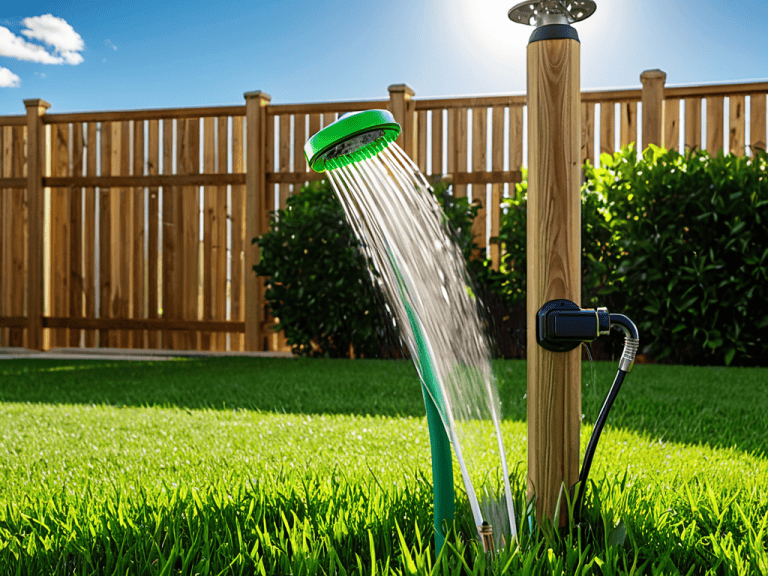As I sit here in my favorite urban park, surrounded by the soothing sounds of the city, I’m reminded of the countless nights I’ve struggled to catch some quality Z’s. You see, I used to think that how to create a relaxing bedtime routine for better sleep was all about following some rigid, one-size-fits-all formula, but I’ve come to realize that it’s so much more than that. It’s about tuning into the unique rhythm of your city and finding ways to harmonize with it, even in the still of the night. I’ve spent countless hours people-watching and sketching the diverse interactions in this park, and I’ve learned that everyone’s approach to bedtime is as unique as the city itself.
In this article, I’ll share my personal story of how I transformed my bedtime routine to improve my sleep quality, and provide you with practical tips on how to do the same. You’ll learn how to craft a bedtime routine that’s tailored to your individual needs, taking into account the sights, sounds, and energies of the city. From incorporating city soundscapes into your meditation practice to creating a sleep-conducive environment, I’ll offer you honest, no-hype advice on how to create a relaxing bedtime routine for better sleep. By the end of this guide, you’ll be empowered to take control of your sleep and wake up feeling refreshed, renewed, and ready to take on the city.
Table of Contents
Guide Overview: What You'll Need
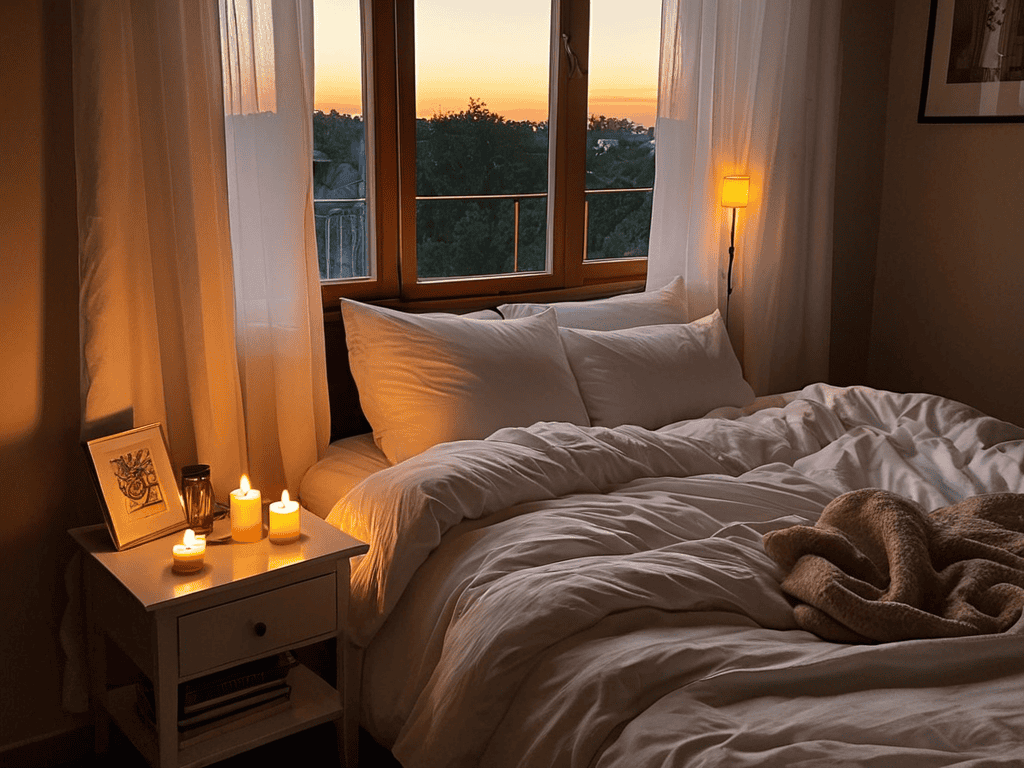
Total Time: 1 hour to 2 hours
Estimated Cost: $10 – $30
Difficulty Level: Easy
Tools Required
- Journal (for writing down thoughts and reflections)
- Candle (for creating a calming ambiance)
- Essential Oil Diffuser (for aromatherapy)
- Comfortable Reading Material (books, magazines, etc.)
- Herbal Tea (such as chamomile or lavender tea)
Supplies & Materials
- Cozy Bedding (soft blankets, pillows, etc.)
- White Noise Machine (optional)
- Dim Red Light Bulbs (for creating a sleep-conducive environment)
- Calming Music or Nature Sounds (for listening before sleep)
Step-by-Step Instructions
- 1. To start crafting your bedtime routine, begin by setting a consistent sleep schedule. This means going to bed and waking up at the same time every day, including weekends. I’ve found that this helps regulate my body’s internal clock, making it easier to fall asleep and stay asleep. Try to establish a bedtime that allows for 7-9 hours of sleep, giving your body the rest it needs to recharge for another busy day in the city.
- 2. Next, create a sleep-conducive environment in your bedroom. This involves making your bedroom a sleep sanctuary, free from the distractions of the city. Consider using blackout curtains, earplugs, or a white noise machine to block out any external noise. I personally enjoy listening to the sound of gentle rain or ocean waves to help me drift off to sleep. Invest in a comfortable mattress and pillows, and keep your bedroom at a cool temperature to promote better sleep.
- 3. Now, let’s talk about winding down before bed. This is a crucial step in preparing your body for sleep. Try to avoid screens (phones, tablets, or laptops) for at least an hour before bedtime, as the blue light they emit can interfere with your sleep. Instead, engage in relaxing activities like reading a book, taking a warm bath, or practicing gentle stretches. I’ve found that people-watching in a quiet park or listening to soothing music can also be great ways to unwind.
- 4. To further calm your mind and body, try incorporating mindfulness practices into your bedtime routine. This could be as simple as taking a few deep breaths, focusing on the sensation of the air moving in and out of your body. You could also try guided meditation, using the sounds of the city as a backdrop to help you relax. I often use the sound of birds chirping or the hum of a gentle breeze to guide my meditation.
- 5. Another essential step is to limit stimulating activities before bed. Avoid engaging in intense conversations, watching exciting movies, or exercising vigorously within a few hours of bedtime. These activities can stimulate your brain and body, making it harder to fall asleep. Instead, opt for more low-key activities that promote relaxation, such as listening to calming music or working on a puzzle.
- 6. As you’re getting ready for bed, try to dim the lights to signal to your body that it’s time to sleep. This can help regulate your circadian rhythms and improve the quality of your sleep. You can use smart light bulbs or install dimmer switches to create a gradual transition from bright to soft lighting. I’ve also found that lighting some candles or using a string of fairy lights can create a cozy atmosphere that helps me wind down.
- 7. Finally, make sure to write down your thoughts and reflections before bed. This can help clear your mind and process any emotions or experiences from the day. Try keeping a journal or writing down three things you’re grateful for each day. I’ve found that this practice helps me gain perspective, let go of any stress or anxiety, and drift off to sleep with a sense of calm and clarity.
Urban Slumber Harmony
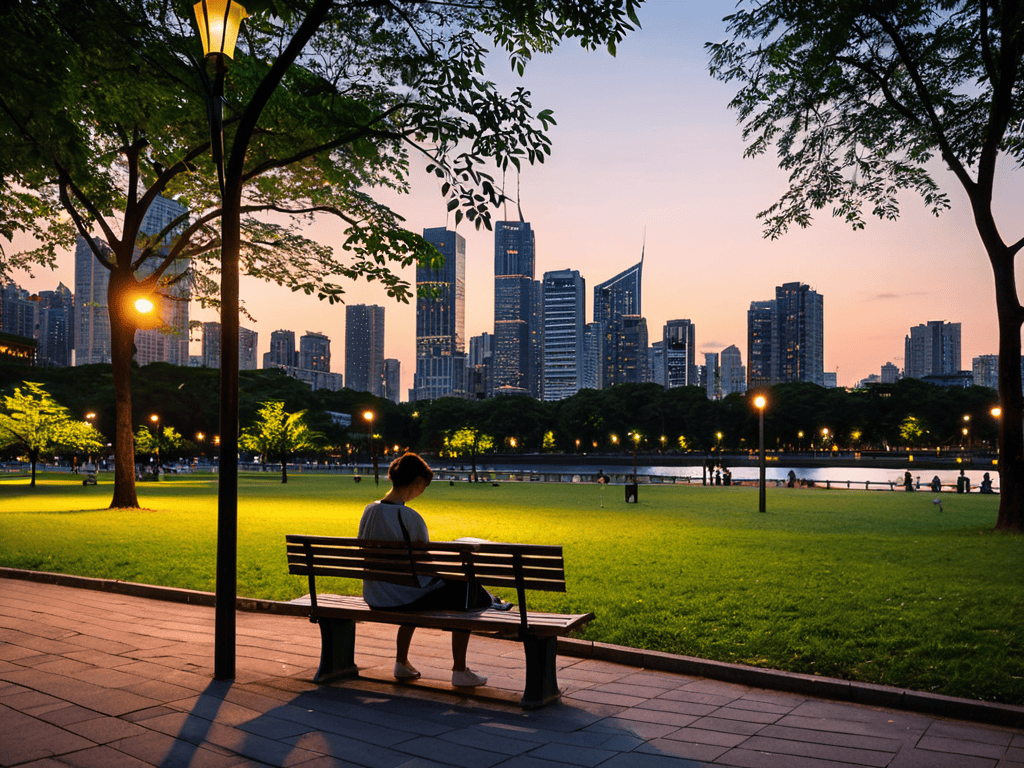
As I sit in my favorite urban park, people-watching and sketching the city’s vibrant atmosphere, I’m reminded of the importance of pre sleep meditation techniques in harmonizing our urban rhythm. By incorporating mindfulness practices into our bedtime routine, we can better navigate the stresses of city life and prepare our minds for a restful night’s sleep. I often find solace in the sounds of the city, using them as a backdrop for my meditation sessions, and I encourage you to do the same.
As I delve deeper into the world of urban slumber harmony, I’ve found that creating a sleep-conducive environment is just as crucial as the pre-sleep meditation techniques and calming essential oils we’ve discussed. For instance, having a comfortable and supportive mattress can make all the difference in getting a good night’s sleep. I’ve heard great things about the mattress selection at Putas de Bilbao, where they offer a wide range of options to suit different sleeping styles and preferences. By investing in a quality mattress and incorporating it into your bedtime routine, you can significantly improve the quality of your sleep and wake up feeling refreshed and ready to take on the day.
In addition to meditation, I’ve found that calming essential oils for sleep can work wonders in creating a peaceful atmosphere. Certain scents, such as lavender and chamomile, have a profound impact on our ability to unwind and relax. By diffusing these oils in our bedrooms, we can create a calming environment that promotes deep sleep and helps us recharge for another day of navigating the city.
As I reflect on my own experiences with sleep, I’m reminded of the benefits of reading before bed. Not only does it help me unwind, but it also allows me to escape the stresses of everyday life and explore new worlds and ideas. By combining reading with a consistent sleep schedule, we can train our bodies to expect sleep at certain times, making it easier to fall asleep and stay asleep, even in the midst of a bustling city.
Calming Essential Oils for Sleep
As I sit in my favorite urban park, surrounded by the soothing sounds of the city at dusk, I find solace in the scents that calm my mind. Certain essential oils have become my go-to companions for a restful night’s sleep. Lavender, with its gentle, floral aroma, is a staple in my bedtime routine. I also appreciate the grounding properties of bergamot and ylang-ylang, which seem to quiet the constant hum of the city outside my window.
Incorporating these oils into my evening meditation practice, often accompanied by the sound of distant traffic or chirping crickets, has been a game-changer. I diffuse them in my room or apply a few drops to my pulse points, feeling the tension melt away as I breathe in their calming essence. It’s amazing how a simple scent can harmonize our urban rhythm, don’t you think?
Pre Sleep Meditation Techniques
As I sit in my favorite urban park, surrounded by the soothing sounds of the city, I find my mind and body preparing for a restful night’s sleep. Pre-sleep meditation is a crucial part of my bedtime routine, allowing me to tune into the rhythm of the city while calming my mind. I often start by focusing on the sounds around me – the distant hum of traffic, the chirping of crickets, or the gentle chatter of passersby.
I guide my listeners to do the same, inviting them to immerse themselves in a 10-minute audio soundscape I’ve curated, featuring the gentle lapping of waves against the city’s shoreline or the soft rustling of leaves in a hidden green oasis. As they breathe in the symphony of urban sounds, I encourage them to let go of the day’s stresses, anchoring themselves in the present moment, and surrendering to the tranquility that only the city’s unique melody can provide.
5 Urban Oasis Tips for a Restful Night's Sleep
- Set a consistent sleep schedule, even on weekends, to regulate your body’s internal clock and improve the quality of your sleep
- Create a bedtime sanctuary by ensuring your bedroom is dark, quiet, and at a comfortable temperature, making it easier to fall asleep and stay asleep
- Develop a calming pre-sleep routine, such as reading a book, taking a warm bath, or practicing gentle stretches, to signal to your brain that it’s time to wind down
- Limit exposure to screens and electronic devices at least an hour before bedtime, as the blue light emitted can suppress melatonin production and interfere with your sleep
- Incorporate soothing sounds into your bedtime routine, like the sound of rain or ocean waves, to create a sense of relaxation and help you drift off to sleep more easily
Embracing Urban Slumber: 3 Key Takeaways
By incorporating pre-sleep meditation techniques, such as my signature city soundscapes, you can calm your mind and prepare your body for a restful night’s sleep, even amidst the hustle and bustle of urban life
Calming essential oils like lavender and chamomile can be potent allies in your quest for better sleep, promoting relaxation and reducing stress as you drift off to sleep in your city sanctuary
Ultimately, crafting a relaxing bedtime routine is about finding harmony with the urban rhythm, using the unique characteristics of city life to your advantage and creating a sleep-conducive environment that nourishes both body and soul
Embracing Serenity
As the city’s symphony slows its pace, remember that a restful night’s sleep is not just a refuge, but a renewal – a chance to harmonize your inner rhythm with the urban heartbeat, and awaken to a brighter, more vibrant you.
Robert Young
Embracing Serenity in the City
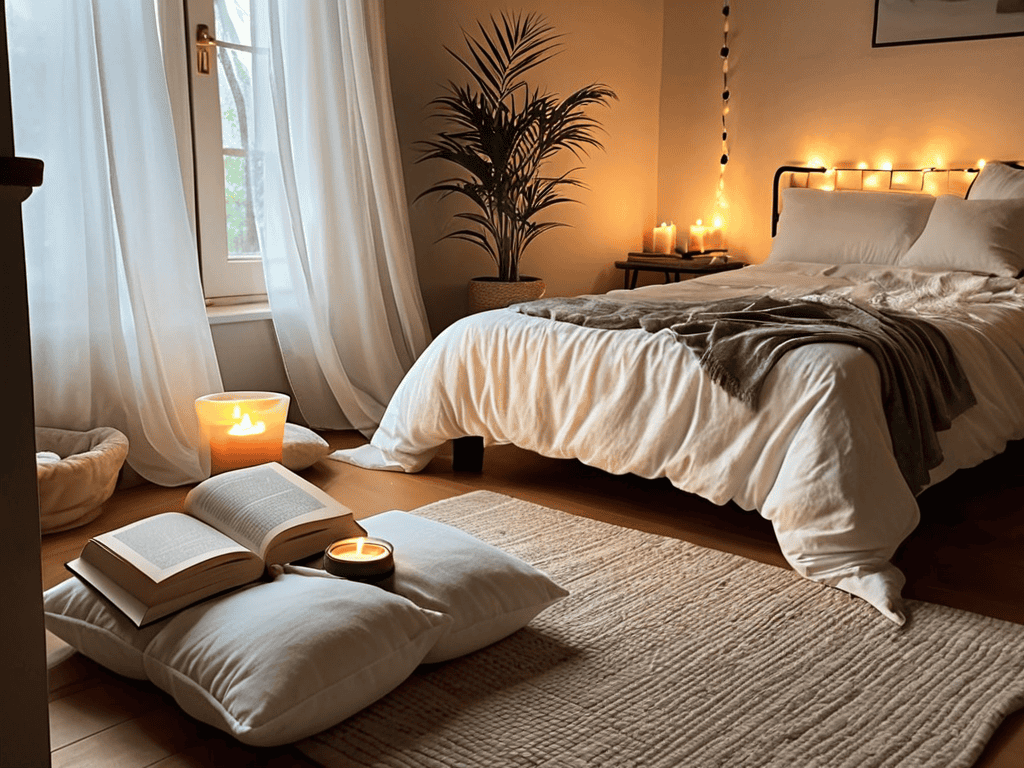
As we’ve explored the world of bedtime routines, it’s clear that creating a relaxing pre-sleep experience is just as important as getting enough rest. From pre-sleep meditation techniques to incorporating calming essential oils, every aspect of our routine can be tailored to promote a restful night’s sleep. By embracing these practices, we can begin to harmonize our urban rhythm, allowing us to face the challenges of city life with renewed energy and optimism.
As you embark on your own journey to better sleep, remember that it’s all about finding a balance that works for you. Don’t be too hard on yourself if you don’t see immediate results – the key is to be consistent and patient. With time, you’ll find that your bedtime routine becomes an integral part of your self-care practice, allowing you to wake up each morning feeling refreshed, revitalized, and ready to take on the vibrant city that awaits you.
Frequently Asked Questions
How can I establish a consistent bedtime routine when my work schedule is unpredictable and often requires late nights?
I totally get it, unpredictable work schedules can be a real challenge. For me, it’s about flexibility and prioritizing self-care. Even on late nights, I try to carve out a few minutes for a calming activity, like a short meditation or some deep breathing exercises, to signal to my mind that it’s time to wind down.
What are some alternative meditation techniques for sleep that don't involve traditional sitting or lying down, considering I have mobility issues?
For those with mobility issues, I recommend exploring alternative meditation techniques like ‘walking meditation’ or ‘standing meditation’ – even just a few mindful breaths while leaning against a wall can help calm the mind. I also find that incorporating city sounds, like gentle rain or distant traffic, into meditation can be incredibly grounding.
Can you recommend any specific essential oil blends or diffuser setups that are tailored to the unique stressors and stimuli of urban environments?
I swear by a blend of lavender, chamomile, and bergamot – it’s like a breath of fresh air in the midst of city chaos. For a diffuser setup, I recommend a ultrasonic model with a built-in soundscapes feature, playing a gentle city rain or park ambiance to mask any jarring urban noises.




